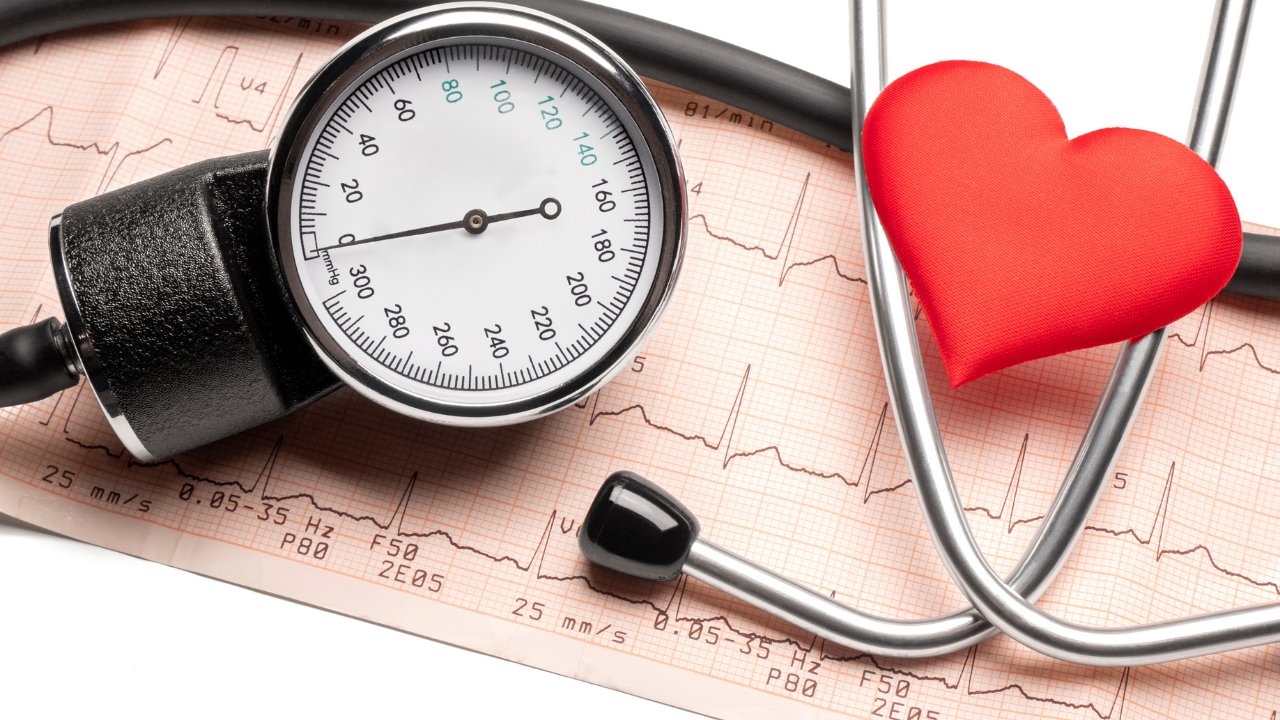What is Lisinopril?
Lisinopril belongs to a group of medicines known as angiotensin-converting enzyme inhibitors. They are also called ACE inhibitors. The brand names are Prinivil and Zestril.
How does Lisinopril work?
Lisinopril relaxes and widens the blood vessels. This lowers your blood pressure and makes it easier for your heart to pump blood around your body.

What is Lisinopril used for?
Lisinopril is used to treat high blood pressure. By lowering high blood pressure Lisinopril helps prevent strokes, heart attacks, and kidney problems. It is also used to treat heart failure . Another use of Lisinopril is to improve survival after a heart attack.
Dosing and administration:
This addresses the generic form of Lisinopril. It can be taken by mouth as a tablet and the strengths are as follows: 2.5 mg, 5 mg, 10 mg, 20 mg, 30 mg, 40 mg. Take this medication by mouth with or without food as directed by your doctor, It is usually taken once daily.

What are possible side effects?
1) If you are feeling faint or lightheaded esp. when you are getting up.
2) Signs of kidney injury such as you are peeing less, swelling of your feet & ankles, feeling tired & fatigued, short of breath.
3) Signs of a liver problem: yellow color of your skin and the white of your eyes, loss of appetite, nausea, feeling tired, stomach ache.
4) Signs of high potassium: feeling nauseous, CP, weak, irregular heartbeat, unsteady on your feet.
5) Immediately call your Doctor if you have sign and symptoms of an allergic reaction such as swelling of your lips, face, tongue or throat, difficulty breathing, wheezing or even a rash and itching.
6) Common side effect is a dry persistent cough which can happen when you have been on the drug for a few days to weeks or even after months to years. If you do notice this have a conversation with your Doctor.
7) Less common side effects are headache, impotence, blood disorders, ear ringing and blurry vision.
Lisinopril WARNING:
If you are pregnant, you cannot take Lisinopril.Lisinopril can cause problems for a baby when it is taken during the second and third trimester of pregnancy.
Drug-Drug interactions:
Here are some common medications which can interact with Lisinopril. This list is by means not exhaustive, but have a look at this list and of course always talk to your Healthcare Provider about possible drug- drug interaction and side effects:
Common medications that may interact with lisinopril include:
• aliskiren
• allopurinol (may enhance the potential for allergic reactions)
• amifostine
• amphetamines
• antipsychotic agents (may enhance the blood pressure-lowering effect)
• aspirin
• diuretics
• levodopa
• lithium
• NSAIDs, such as ibuprofen, diclofenac, and naproxen
• other ACE inhibitors (such as captopril or enalapril) or ARBs (such as candesartan or irbesartan)
• potassium supplements.
11 must know Tips to avoid long term side effects:
1) In the first few weeks of therapy with Lisinopril and especially when changing position from lying to sitting or sitting to standing it can make you feel dizzy. Always take your time when standing up. You don’t want to stand up too quickly and fall and hurt yourself, and worse yet break your bone.
2) Do not drink alcohol and Lisinopril at the same time as it can further reduce your blood pressure.
3) Lisinopril can increase blood potassium levels. If you are taking this medication long term you must be careful with salt substitutes or eating high-potassium foods. Foods to avoid in excess include bananas, oranges, potatoes, tomatoes, squash, and dark leafy greens.

4)Green tea can reduce the exposure(levels) of Lisinopril and therefore effects of Lisinopril.
5) Your Doctor should check your potassium levels as well as your kidney parameters regularly as these can be affected.
6) When starting this medication on older adults it should be started slowly and should be titrated slowly. If the dose is too high and titrated too quickly, it increases the chances of side effects and a sudden drop in blood pressure.
7)This medicine may affect blood sugar levels. If you notice a change in the results of your blood or urine sugar tests, or if you have any questions, check with your Doctor.

8)If you are having stomach cramps and are on Lisinopril think about are rarer disorder called intestinal Angioedema.
9) If you do have a history of gout, I would be cautious with this medication as it can cause elevated levels of uric acid
10) If you do see rashes and itching this could be because Lisinopril can increase your photosensitivity to the sun
11) Regular use of NSAIDS and Lisinopril increases the chance of kidney injury.Your healthcare provider will check your renal parameters to dose adjust your medication.
Have a good day and think your Health.You can see the complete video here.
Sources:
2) https://www.rxlist.com/zestril-drug.htm





